 On the Beach
On the Beach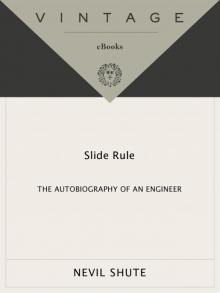 Slide Rule
Slide Rule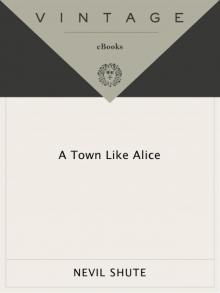 A Town Like Alice
A Town Like Alice The Far Country
The Far Country Pied Piper
Pied Piper Round the Bend
Round the Bend An Old Captivity
An Old Captivity Mysterious Aviator
Mysterious Aviator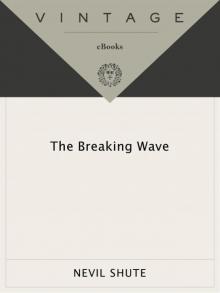 The Breaking Wave
The Breaking Wave Marazan
Marazan Lonely Road
Lonely Road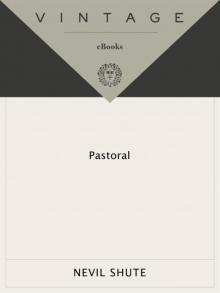 Pastoral
Pastoral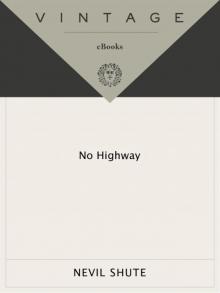 No Highway
No Highway Stephen Morris and Pilotage
Stephen Morris and Pilotage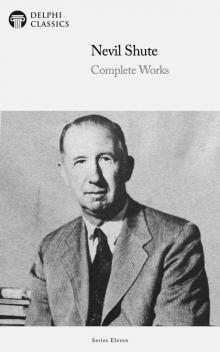 Complete Works of Nevil Shute
Complete Works of Nevil Shute Most Secret
Most Secret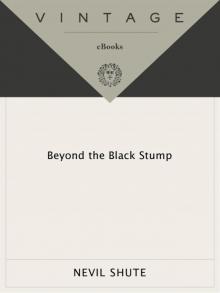 Beyond the Black Stump
Beyond the Black Stump The Rainbow and the Rose
The Rainbow and the Rose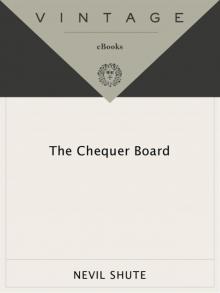 The Chequer Board
The Chequer Board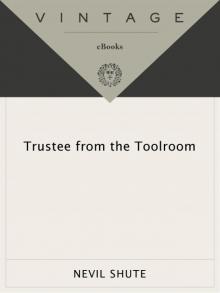 Trustee From the Toolroom
Trustee From the Toolroom Ordeal
Ordeal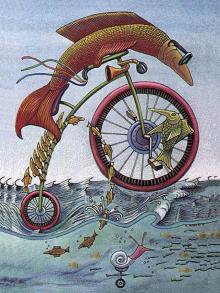 Stephen Morris
Stephen Morris